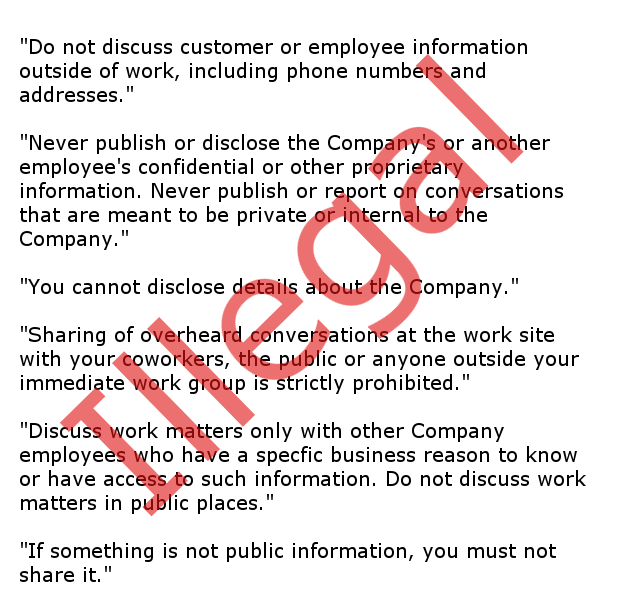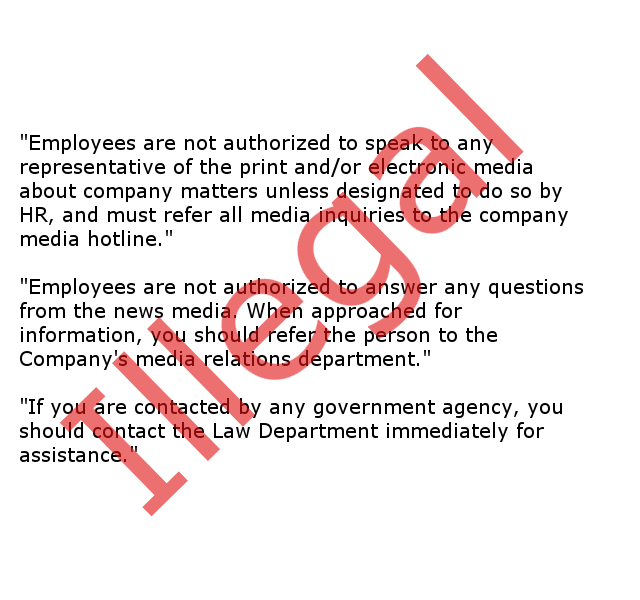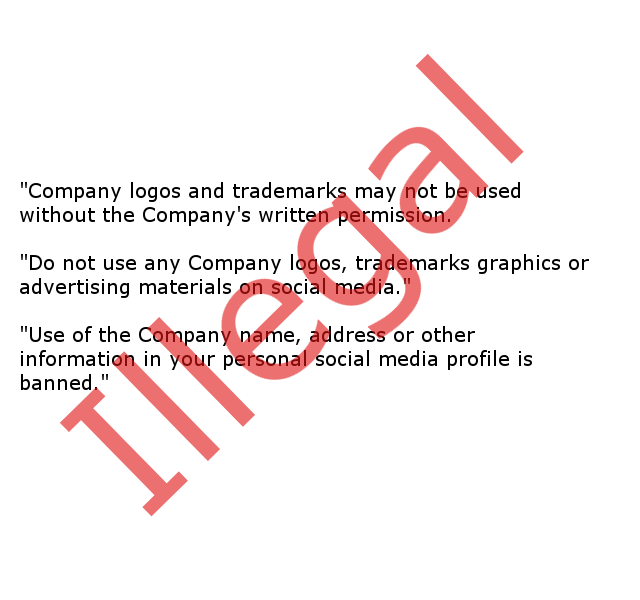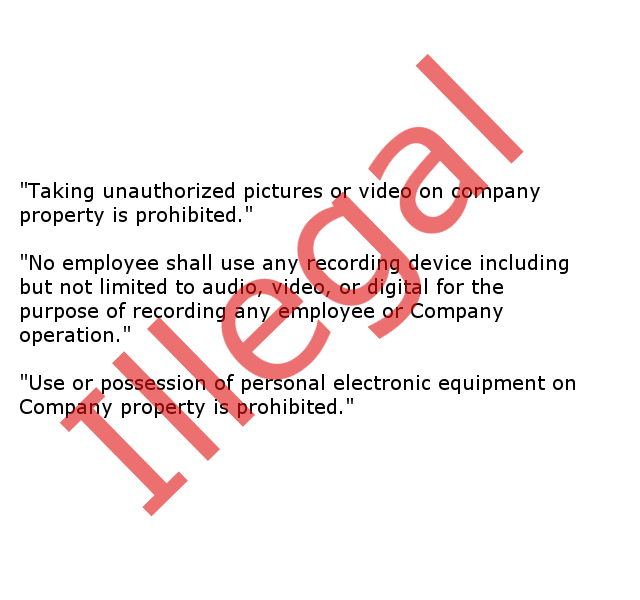Employers often believe they have the right to prohibit employees from disclosing confidential or proprietary information to other employees and outside parties. The National Labor Relations Board (NLRB) has made some recent decisions that further restrict employers from implementing broad restrictions on the kinds of things employees can communicate and to whom. In general the NLRB has been expanding rules for employers that ensure the right of employees to organize and share information about the company with others parties.
Now may be a good time to get out your company’s employee handbook and review your current language for some potential problem areas.
Here some areas where employee activities are protected:
Discussing Pay and Benefits
Employees have the right to discuss pay and benefits with each other and nonemployees. If your handbook says otherwise, that language needs to be removed.
Disclosing Employee, Personnel or Confidential Material
Years ago the NLRB ruled that a broad policy prohibiting the disclosure of “any confidential information“ is illegal. Now in March 2015, the Board further expanded guidelines to prohibit employers from using language that bars employees from disclosing “employee” or “personnel” information. Based on this new rule set, the following confidentiality policies would be illegal.
Discussing Company Investigations
When allegations of employee misconduct are made, the company may conduct an investigation to determine how to handle the situation. Theft, drug abuse, violence, harassment or any number of allegations may warrant an investigation that involves interviewing employees. Employers have often instructed those being interviewed that they are not to discuss the investigation with anyone. In 2012 the NLRB determined that to be an unlawful demand of employers.
Disclosure to the Media, Government Agencies and other Third Parties
Employees have a long time right to communicate with the media, government and others regarding complaints, wages, benefits, working conditions and other terms of employment. Company policies that inadvertently restrict this right under the a “Confidentiality” provisions will be illegal. In April 2015 the NLRB General Counsel said the following rules are unlawful:
Using Company Logos, Trademarks and Copyrights
For years, employees have been allowed to use logos, trademarks and such on leaflets, picket signs and other protest material. Any board statements that do not accommodate these employee rights will be found unlawful. The NLRB General Counsel found the following to be unlawful:
Taking Photos, Videos and Audio Recordings
This is a sticky one. According to the NLRB, employees have the right to photograph and make recording in furtherance of protected concerted activity. This includes using their personal phones. Therefore, rules that place a total ban on possession or usage are overly broad and would be unlawful. Such as:
Summary
In furtherance of employees rights to engage in lawful, concerted activity, employers need to be careful not to create broad confidentiality demands that may be ruled unlawful. Employers should review their company’s employee handbook for potential problems. Companies that are members of a Professional Employer Organization (PEO) should ask their PEO to provide the latest guidance on their handbook revisions.
Nothing in the article should be construed as legal advice or legal opinion. These contents are intended as general information only and you are urged to consult legal counsel or contact a Professional Employer Organization concerning your situation. Thanks to the D. Albert Brannen a labor lawyer at Fisher and Phillips for inspiration and content on this employment related topic.






